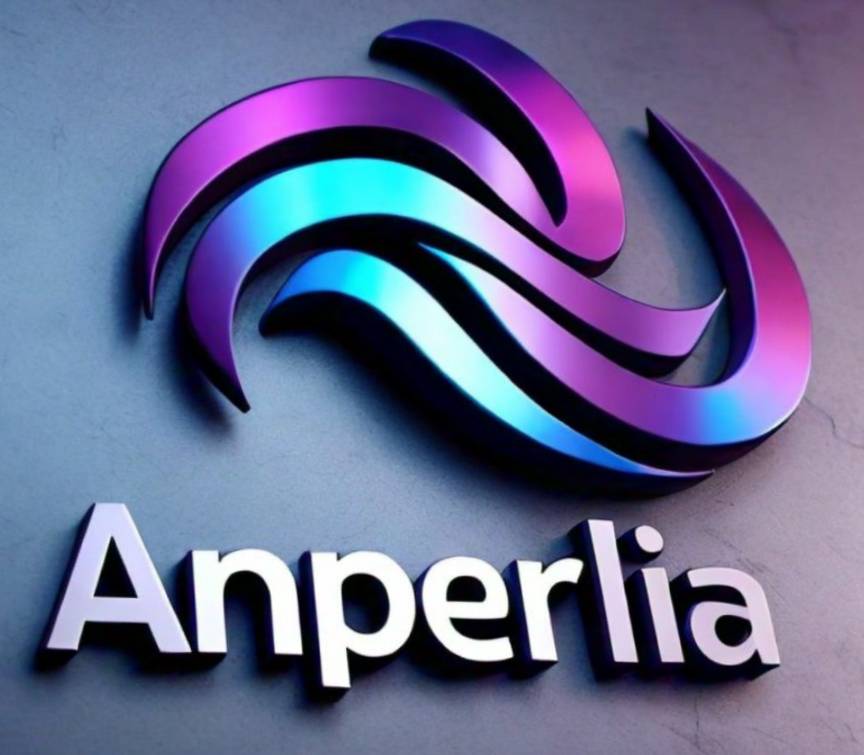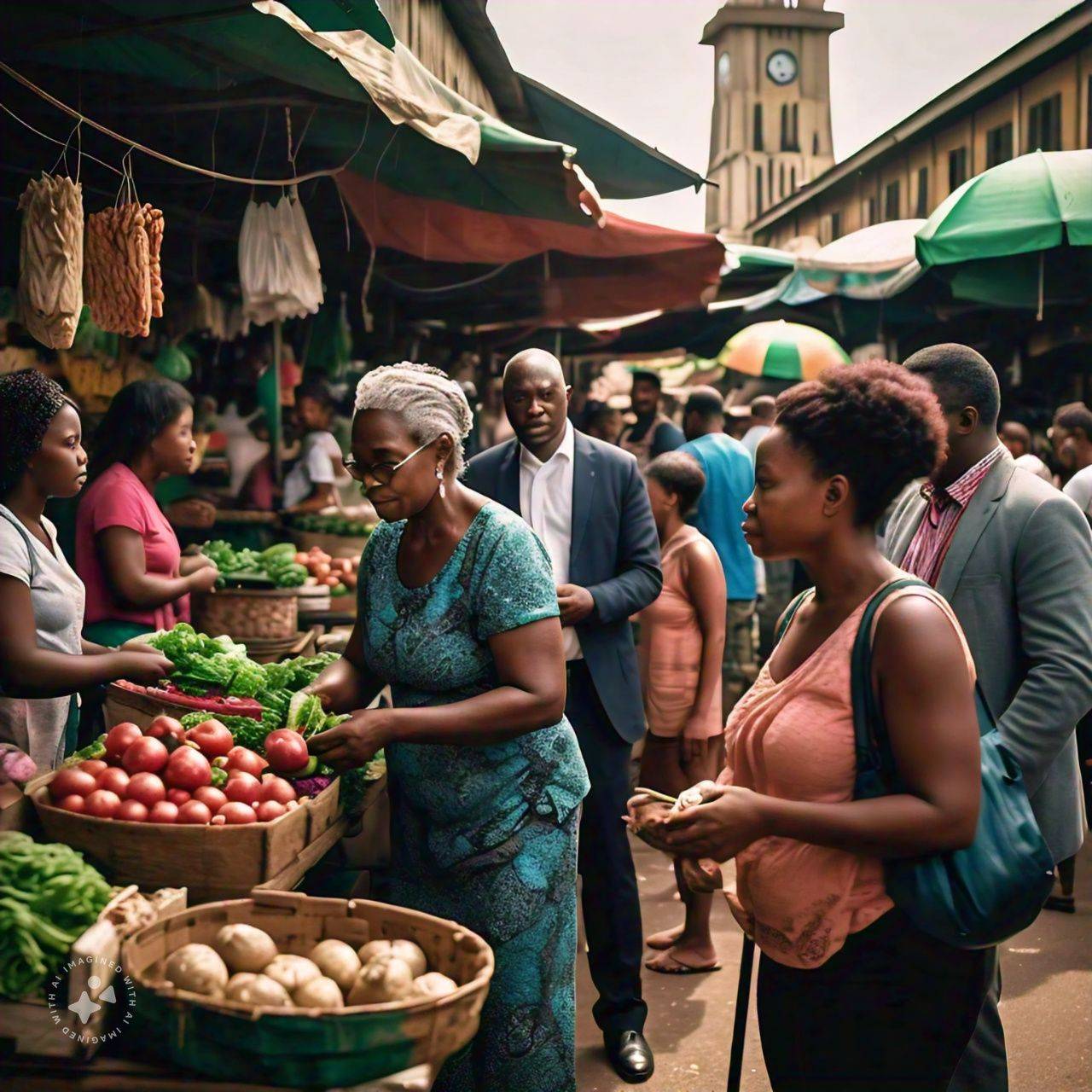The Impact of Inflation on Daily Life in Ghana
Inflation is a significant economic issue that affects individuals and families across the globe, and Ghana is no exception. As prices for goods and services rise, the cost of living increases, impacting daily life in various ways. This article explores how inflation affects Ghanaians and the broader implications for the economy.
Understanding Inflation
Inflation refers to the rate at which the general level of prices for goods and services rises, eroding purchasing power. In Ghana, several factors contribute to inflation, including supply chain disruptions, global economic conditions, and domestic fiscal policies. As the inflation rate climbs, the cost of basic necessities like food, housing, and transportation becomes a pressing concern for many households.
Rising Cost of Living
One of the most immediate effects of inflation is the rising cost of living. For many Ghanaians, essentials such as food, fuel, and rent are becoming increasingly unaffordable.
1. Food Prices
Food is a critical component of any household budget, and rising food prices have a direct impact on nutrition and well-being. The cost of staple foods like rice, maize, and cassava has surged, making it challenging for families to maintain a balanced diet. Many are forced to alter their eating habits, opting for cheaper, less nutritious options.
2. Transport Expenses
Inflation also affects transportation costs. As fuel prices rise, public transport fares and the cost of commuting increase, putting additional strain on family budgets. This can limit access to jobs, education, and healthcare, exacerbating existing inequalities.
3. Housing Costs
Rent prices are another area where inflation is felt. Many landlords are adjusting rental rates to keep pace with rising costs, making it harder for families to find affordable housing. This situation can lead to increased homelessness or overcrowded living conditions.
Impact on Savings and Investments
Inflation diminishes the value of savings. For individuals and families who have set aside money for emergencies or future investments, rising prices mean that their savings buy less over time. This scenario often leads people to seek alternative investment options, such as real estate or stocks, to hedge against inflation. However, not everyone has access to these investment opportunities, further widening the wealth gap.
Economic Consequences
Beyond individual households, inflation can have broader economic implications. High inflation rates can deter foreign investment, as investors seek stable environments for their capital. Additionally, central banks may respond by increasing interest rates, which can slow economic growth and lead to higher borrowing costs for consumers and businesses alike.
Coping Strategies
In light of these challenges, many Ghanaians are adapting their spending habits. Some strategies include:
- Budgeting Wisely: Families are closely monitoring their expenses, prioritizing essential needs over luxuries.
- Buying in Bulk: Purchasing non-perishable items in larger quantities can help save money in the long run.
- Seeking Local Alternatives: Supporting local producers can reduce costs and stimulate the local economy.
Conclusion
The impact of inflation on daily life in Ghana is profound, affecting everything from basic needs to long-term financial security. As prices continue to rise, it is crucial for both individuals and policymakers to implement strategies to mitigate the effects of inflation. By fostering economic stability and supporting vulnerable populations, Ghana can work towards a more resilient future for all its citizens.




No comments yet
Be the first to share your thoughts!